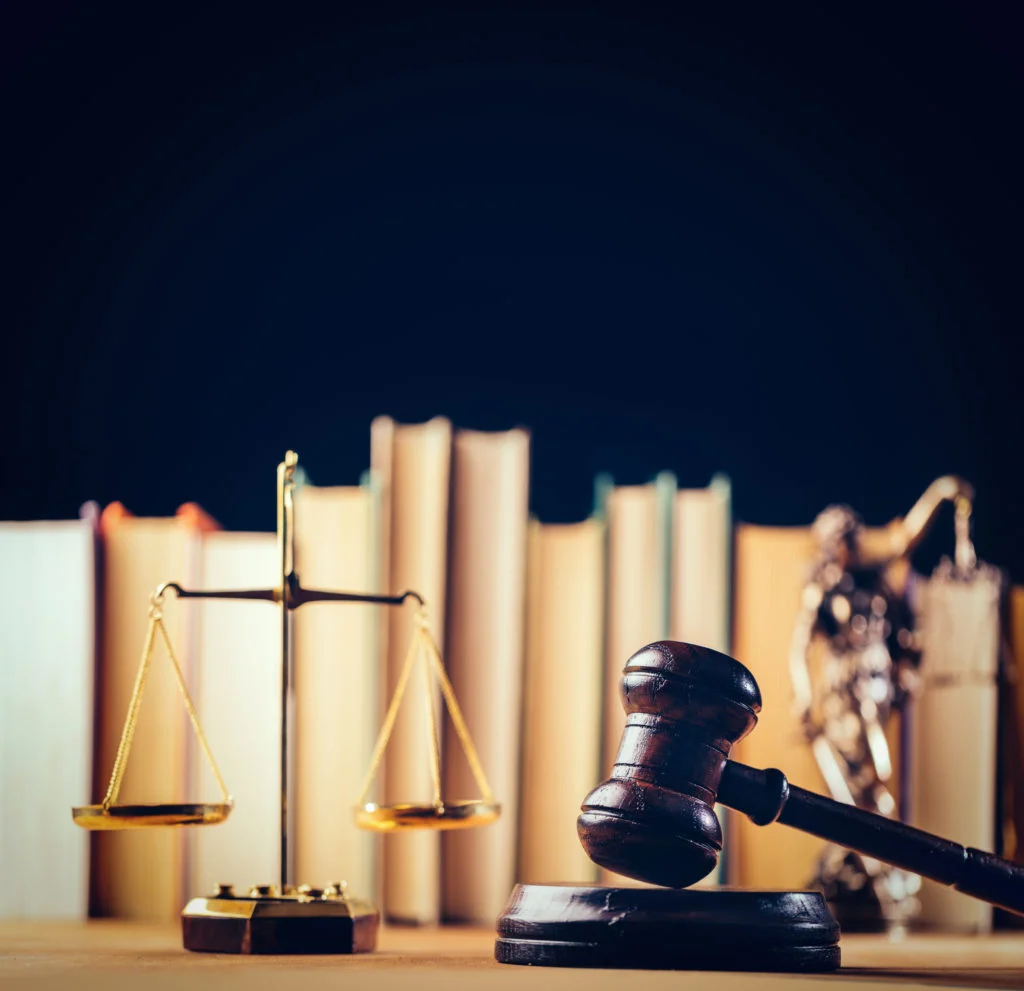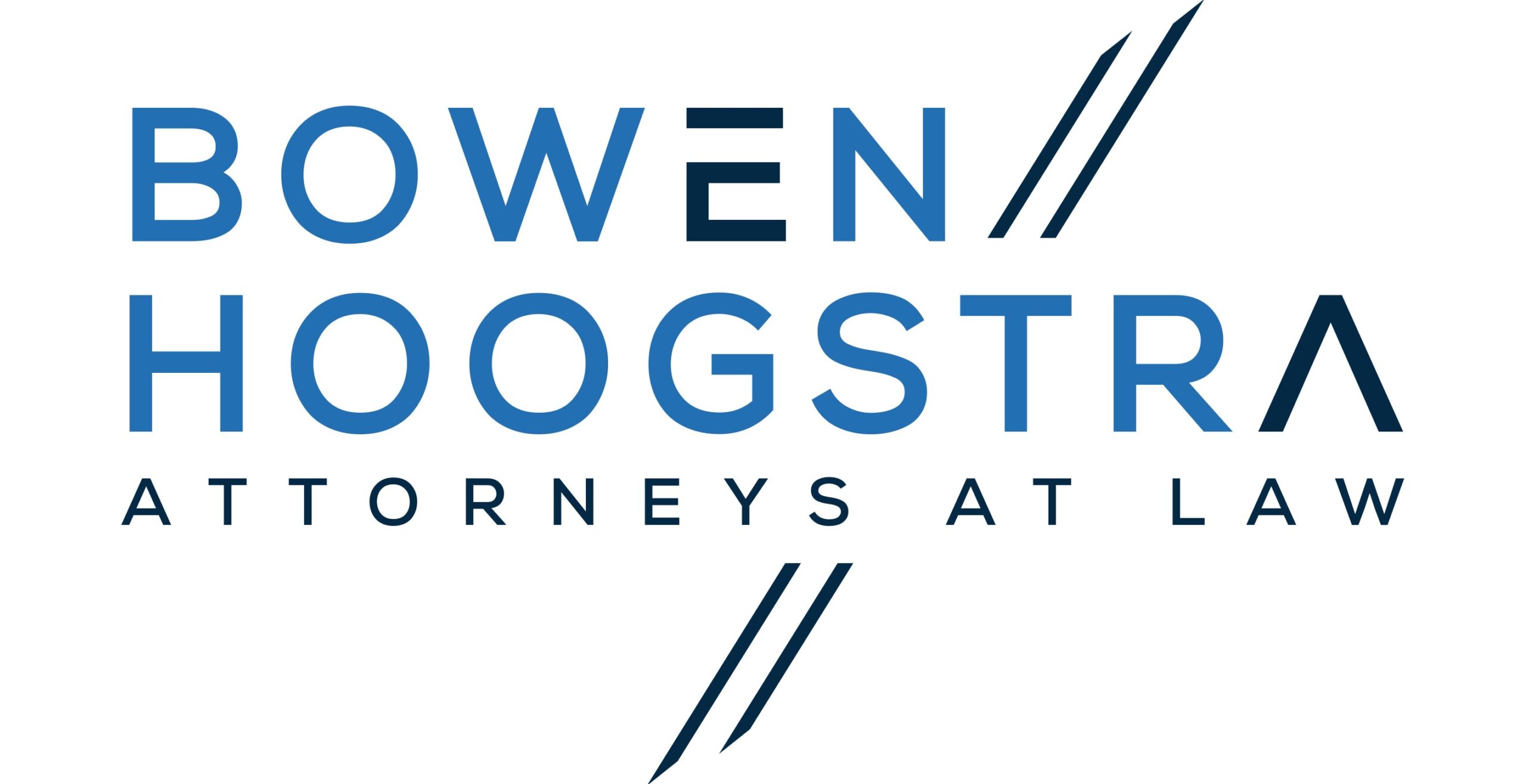What is Litigation?

According to the Merriam Webster Dictionary, litigation is “the act, process, or practice of settling a dispute in a court of law: the act or process of litigating.” On the other hand, a lawsuit is a case brought before a court, so it’s a part of the litigation process, but not the same as litigation itself. Litigation is more all-encompassing than a lawsuit and takes activities performed before, during, and after a lawsuit into account. Most litigation relates to civil lawsuits in which one party sues another party, but the same process is utilized for criminal cases as well. This article will outline the litigation process for information purposes.
Hiring a Litigation Attorney
For many, the first step in the litigation process is finding an attorney. Suggestions for hiring an attorney include gauging experience, approach, and fees. A wise step toward choosing the right attorney would be to select a lawyer based on their experience, especially in regards to the claim at hand. A person may want to not only ask how many cases their prospective lawyer has won, or how many cases have been settled, but also whether those cases relate to their specific type of claim. For instance, there are different types of lawyers, and if a person’s case relates to real estate, it may not make much sense to hire a family lawyer. This person may want to instead find a general practice lawyer with experience in a wide-range of practices, real estate included.
Lawyers each have their own approach when it comes to the litigation process as well, for instance, how often they’ll communicate with a client or how aggressive they’ll be in regards to a case. A person will be building a professional relationship with their attorney, so it may be in their best interest to hire a lawyer they feel they can trust.
Lastly, each lawyer charges differently. Some are hourly, while others charge based on contingency. Some charge for Emails, and so on. A person may want to ask for a clear fee structure from their prospective lawyer, so that they aren’t charged for the unexpected.
Filing the Complaint
Filing a complaint is what initiates a lawsuit. A complaint is a formal document that a plaintiff submits against a defendant. This document details how the plaintiff’s rights were violated by the defendant. The defendant can then respond to the complaint by filing a motion to dismiss to attempt to prevent a case from taking place.
Discovery and Settlement
The discovery process is a formal litigation process in which information is exchanged regarding witnesses and evidence that is intended for use during the trial. The discovery phase involves providing documents, answering interrogatories, and even giving testimonies. After this, the parties will take part in a settlement discussion to try and resolve the case without a trial, but if all else fails, then trial is the next stage of litigation.
Trial
A trial is where evidence is shown before a judge and jury to prove that the defendant committed a wrongdoing. Trials can last anywhere from weeks to months and the outcome. The parts of a trial include opening statements, examining witnesses, objections, closing arguments, and jury deliberation. Appeals may occur after a trial, depending on legal basis, such as an error occurring during the trial.
The article provides a general basis for the litigation process, but overall it’s much more complex than what was outlined here. Litigation can be daunting for those personally involved, which is why choosing the right lawyer and receiving a clear understanding of how their case may be is imperative.
*Please note, that this article is meant for informational purposes only and is not intended as legal advice.
